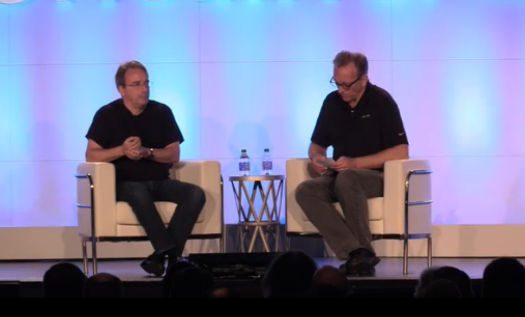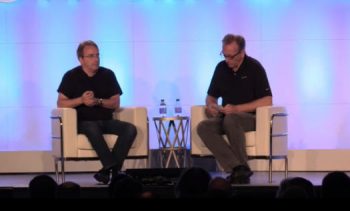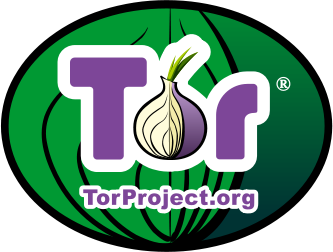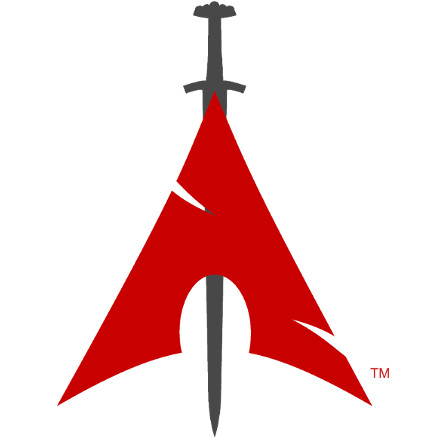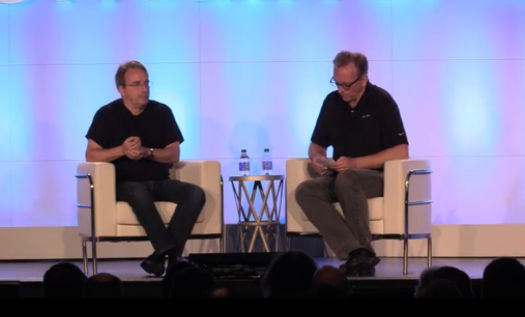All we can say is watch this interview with Christine Hall and you’ll know what we have to put up with on a daily basis — equipment that’s not quite up to par and a boss who’s a refugee from The Addams Family.
The FOSS Force Video Interview
Yes, that Christine Hall. The one whose byline you often see on this very site. Recorded under lousy lighting with a 10-year-old (or older) webcam that was probably lousy new, this video is about information, not cinematography. So meet Christine Hall. Listen to what she says about looking for contributing writers. Does she mean you? It’s possible. If you have a story idea, please send it to her. We could see [YOUR NAME] in lights right here on FOSS Force!
Robin “Roblimo” Miller is a freelance writer and former editor-in-chief at Open Source Technology Group, the company that owned SourceForge, freshmeat, Linux.com, NewsForge, ThinkGeek and Slashdot, and until recently served as a video editor at Slashdot. Now he’s mostly retired, but still works part-time as an editorial consultant for Grid Dynamics, and (obviously) writes for FOSS Force.


